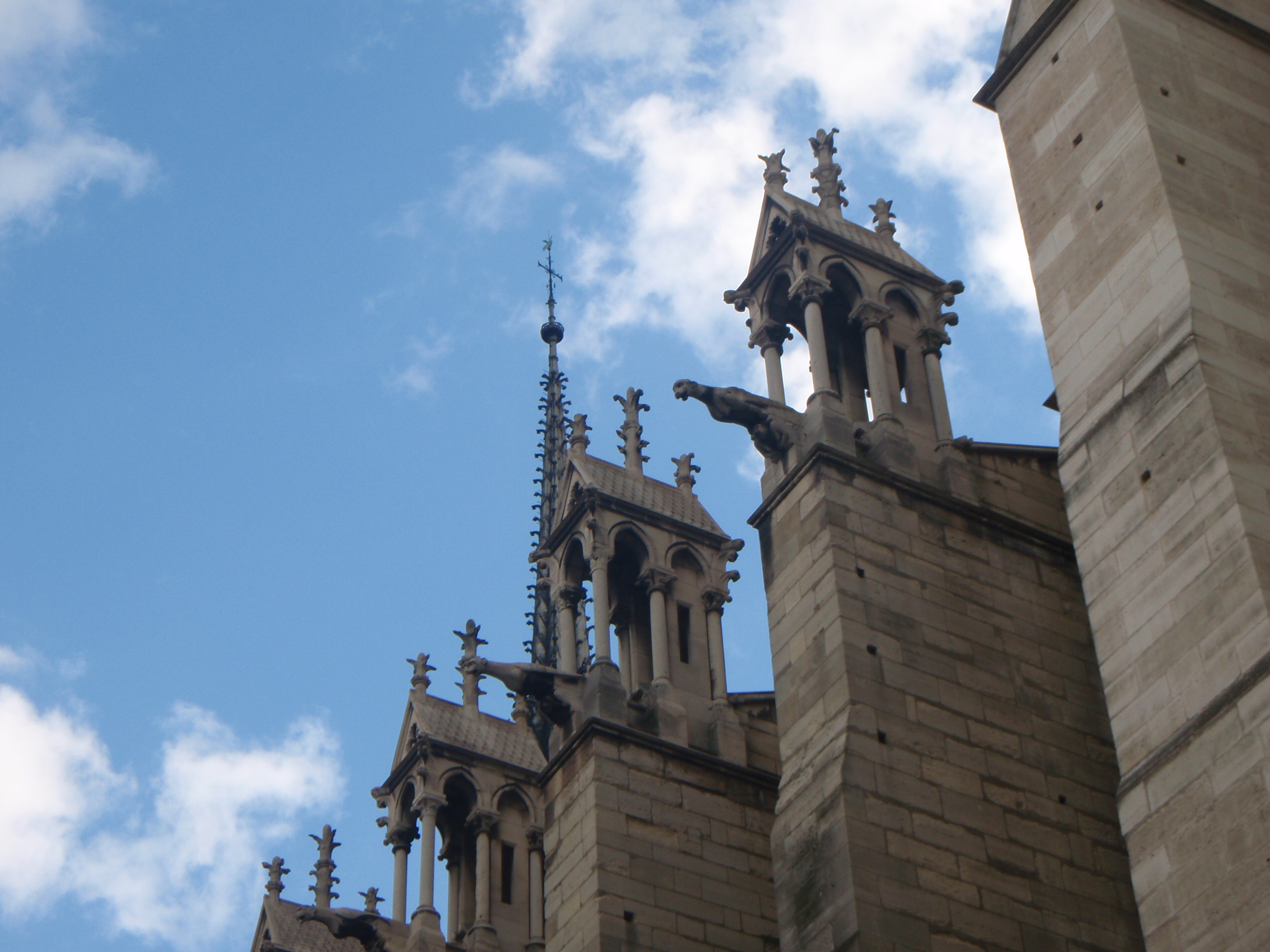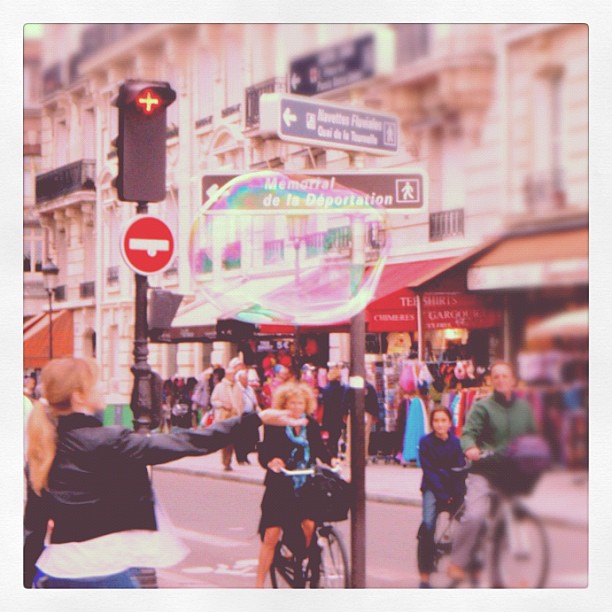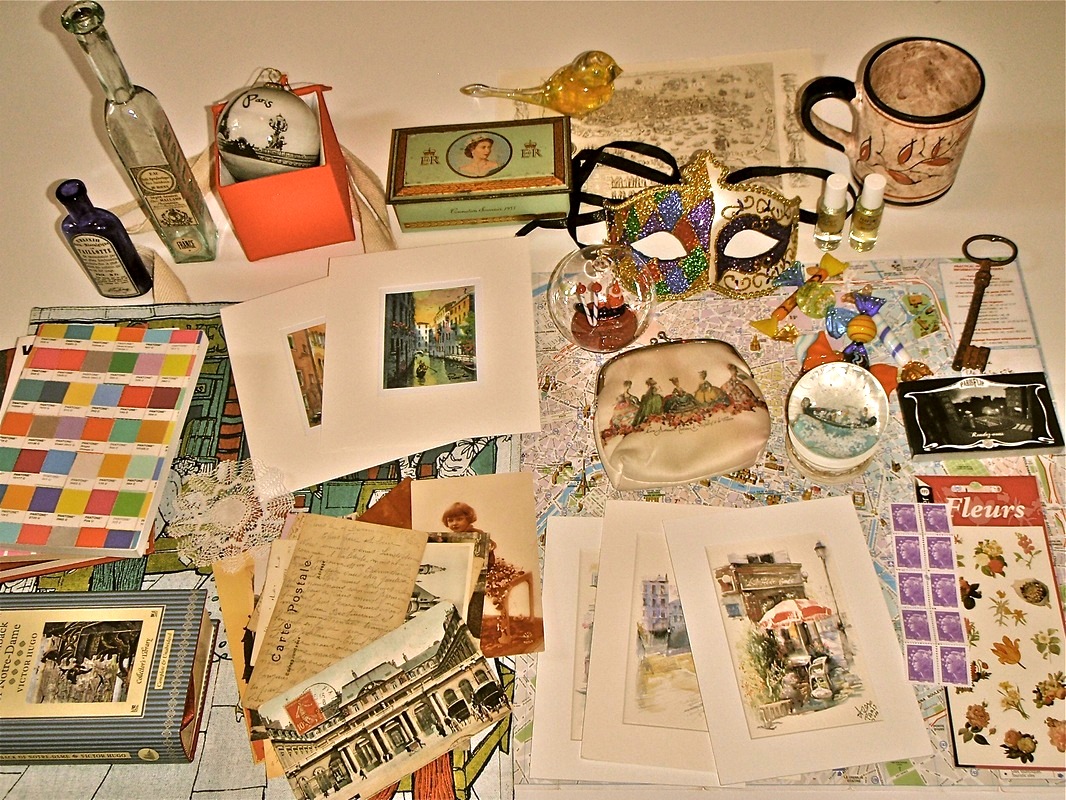“Be not inhospitable to strangers lest they be angels in disguise.”
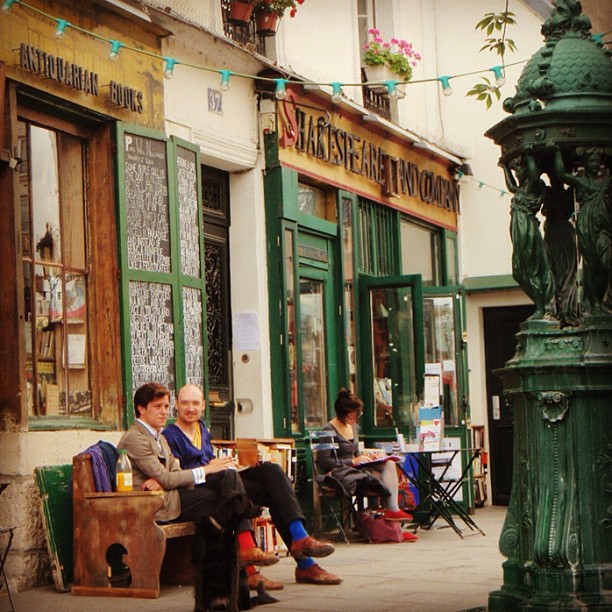 It is a haven in the city. You fight your way over Pont Neuf to the Left Bank, through traffic and bicycles and dogs and cafes spilling out onto pavements and waiters flagging down tourists, until you reach a quiet, tree-lined square that was once a monastery and later a slum, and finally cross the threshold of the little English-language bookstore called Shakespeare and Company, Paris.
It is a haven in the city. You fight your way over Pont Neuf to the Left Bank, through traffic and bicycles and dogs and cafes spilling out onto pavements and waiters flagging down tourists, until you reach a quiet, tree-lined square that was once a monastery and later a slum, and finally cross the threshold of the little English-language bookstore called Shakespeare and Company, Paris.
Once inside, it is as though you have come home. That is, if home was a place with little nooks and crannies of bookshelves stretching right up to the medieval ceiling, lined with exposed beams and strung with chandeliers. You gather up books to buy later, drop some coins in the wishing well, and climb the narrow stairs.
Up here is perfect peace. Ancient, cloth- and leather-bound books line the shelves, and the tiny rooms are dotted with couches and armchairs that have been well-worn to faultless comfort. You hear birds. Following the sound, you take a seat by one of the open windows where geraniums flower in pots and, just beyond them and across the Seine, Notre Dame rests in centuries of sleep.
You pull out one of the old books and start to read. Hours and visitors come and go, browsing, reading, softly talking. From the other room, someone opens a piano and begins to play a classical tune you don’t recognise. It is lovely. They play another, so you put down the book and close your eyes to listen.
 The bookstore’s founder, George Whitman, long ago spent many years walking through South America. “I walked from Mexico to Panama,” he said, “where the road ended before an almost uninhabited swamp called the Choco Colombiano. Even today there is no road.”
The bookstore’s founder, George Whitman, long ago spent many years walking through South America. “I walked from Mexico to Panama,” he said, “where the road ended before an almost uninhabited swamp called the Choco Colombiano. Even today there is no road.”
He was touched by the hospitality of the locals, who would often feed and accommodate him. This had a profound impact upon his life, and led him to create a bookstore that would become a sanctuary for writers and artists.
First called Le Mistral and then changed to Shakespeare and Company as an homage to Sylvia Beach’s famous Parisian bookstore of the same name (1919-1940), the lovely little space where you now rest your eyes and listen to classical music first opened in 1951.
Since then, hundreds of thousands of writers, artists and friends have found a place to rest in this haven in the city, including Anaïs Nin, Henry Miller, Lawrence Durrell, Gregory Corso, William S Burroughs and Alen Ginsberg.
And now you.
 The long French dusk gathers, slowly, while you read and rest. When at length you step back outside, golden light spills from the bookstore onto the square, and festive, coloured cafe lights loop across the night sky.
The long French dusk gathers, slowly, while you read and rest. When at length you step back outside, golden light spills from the bookstore onto the square, and festive, coloured cafe lights loop across the night sky.
You re-enter the crowds and find a restaurant with friends but somehow, while the waiter buzzes past delivering crepes and olives and fries and wine, you carry the peace of Shakespeare and Company with you into the city.
And all around, Paris glows.
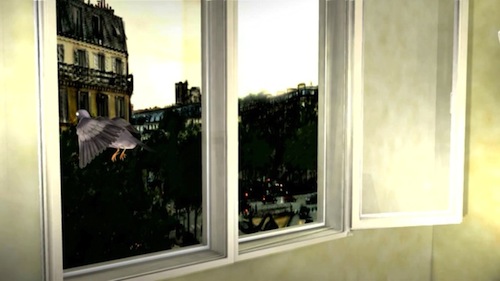 Good morning, how was your weekend? Mine was all about brunches and baby smiles, Christmas trees and coffee, a visit to the Big Design Market and a walk through the city.
Good morning, how was your weekend? Mine was all about brunches and baby smiles, Christmas trees and coffee, a visit to the Big Design Market and a walk through the city.



